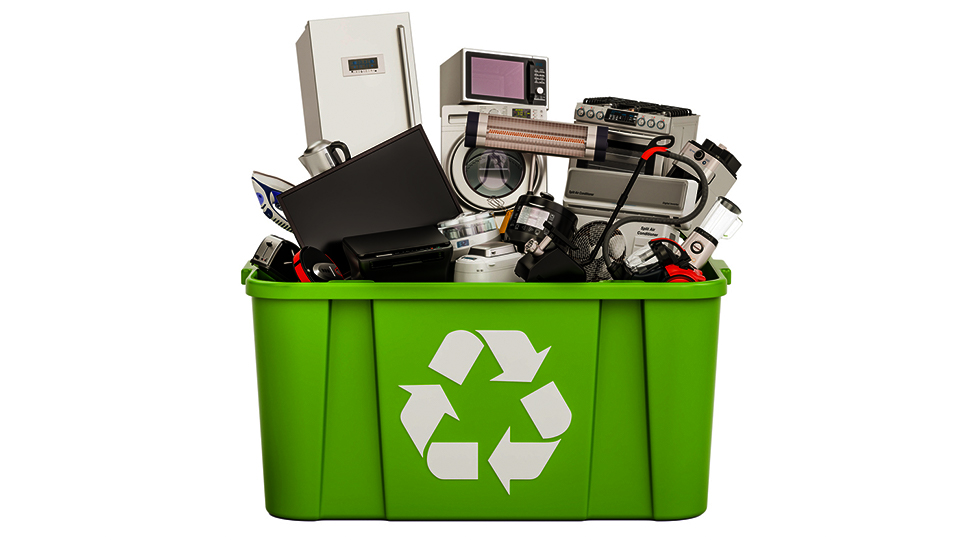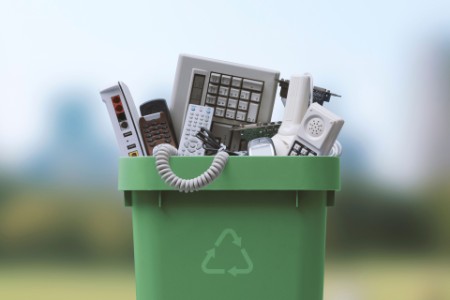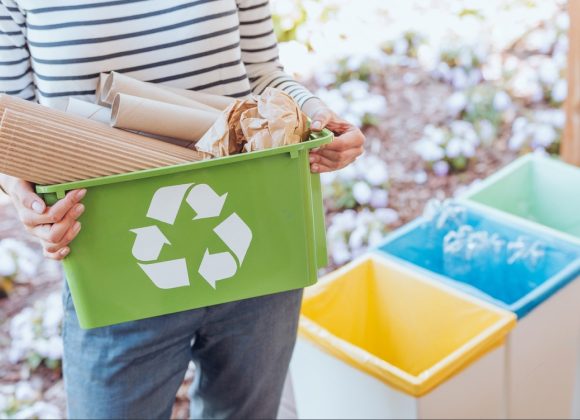In our digital era, electronic waste (e-waste) has become a pressing global issue, posing significant environmental and health risks. This blog explores the complexities of the e-waste problem, examining its causes, challenges, and potential solutions. From the rapid proliferation of electronic devices to the hazards of improper disposal, we delve into the multifaceted nature of e-waste and discuss strategies for responsible management. Join us as we unravel the e-waste quandary and chart a course towards a more sustainable future.
Let us boldly confront the e-waste crisis, embracing the passion for sustainable living, rather than allowing our planet to fade and wither under the burden of discarded electronics.
Understanding E-Waste
In the digital age, our lives are intertwined with electronic devices, from smartphones and laptops to kitchen appliances and televisions. As these devices become obsolete or malfunction, they contribute to the ever-growing mountain of e-waste.
Or, if you plan to go to some popular holiday destinations like Turkey, Greece and Spain, you are advised to book well in advance, at least… What’s more, such countries are pleasantly warm and not quite busy in the preseason, which is the first half of June or even the end of May.

- The Environmental Toll
- The Human Impact
- Regulatory Challenges
- Technological Innovation
- Global Collaboration
- Consumer Responsibility
The Environmental Toll
Improper disposal of e-waste poses serious environmental threats, contaminating soil, water, and air with toxic substances such as lead, mercury, and cadmium. This pollution can have long-lasting effects on ecosystems and human health.
The Human Impact
Beyond environmental concerns, e-waste also affects human lives, particularly in developing countries where informal recycling practices prevail. Workers in these sectors are often exposed to hazardous materials without adequate protection, leading to health issues and compromised well-being.
Regulatory Challenges
While awareness of the e-waste problem has grown, regulatory frameworks for its management remain fragmented and inconsistent across regions. Implementing effective regulations requires collaboration between governments, industries, and civil society.
Technological Innovation
Innovative approaches such as recycling technologies and material recovery techniques offer promising solutions to the e-waste challenge. Advancements in design for recyclability and sustainable materials also play a crucial role in reducing e-waste generation.
Global Collaboration
Addressing the e-waste crisis requires a coordinated, multi-stakeholder approach on a global scale. Collaboration between governments, international organizations, industry leaders, and civil society is essential to develop and implement effective strategies for e-waste management.
Consumer Responsibility
As consumers, we play a vital role in mitigating the e-waste crisis through responsible consumption and disposal practices. Properly recycling old electronics, opting for repair and refurbishment over replacement, and supporting eco-friendly products can make a significant difference.
Civilization is the progress toward a society of privacy. The savage’s whole existence is public, ruled by the laws of his tribe. Civilization is the process of setting man free from men.
Ayn Rand





